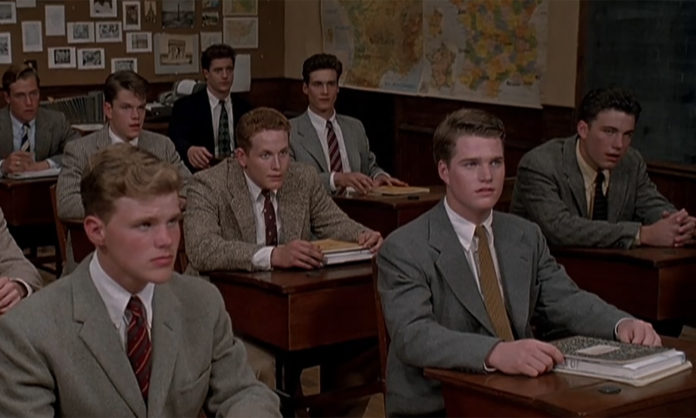In a post on Lit Hub, Maggie Shipstead says mistakes in our writing might be inevitable, but that doesn’t mean we shouldn’t try to avoid them.
Shipstead notes the mystery trope of the body floating in the water, which…they don’t. “Bodies float because gases of decomposition eventually lift them,” she explains. “The process takes time: at least a couple days even in relatively warm, shallow water, longer in colder, deeper water. Many bodies never surface at all.” Nonetheless, a fictional drowning victim is probably going to float.
“Most readers probably won’t question a floating corpse,” Shipstead acknowledges. “There’s an argument out there that factual errors don’t — or shouldn’t — really matter, that the artistic intention of fiction is what matters.”
Or not. Shipstead says mistakes are worth avoiding, on principle and because you don’t want your reader to think you didn’t make an effort to build your world. ‘Mistakes, as in the example of the floating corpse, are frequently the product of cliché or wishfulness,” she writes. “They reveal that the author doesn’t know what he doesn’t know, that he’s basically just bullshitting.”
Mistakes do happen. There will always be someone who nitpicks over an esoteric detail of the world you create. In one case, a reader pointed out that Shipstead’s novel used an educational term that was never used at her prep school setting. Another reader tried to explain to her what ice looks like.
Still, preventing mistakes is worth your effort. “Mistakes might be inevitable, but I think they are worth mitigating, pursuing, ferreting out,” Shipstead says. “If you can get rid of even just the biggest and most obvious ones, you will have made the dream of your fiction more vivid and more continuous. In the process of considering and reconsidering everything you’re writing down, by stopping to think, by tapping every wall and jumping on every floor, you will undergird your fiction with an intangible, pervasive trustworthiness that readers will sense, even if they aren’t always able to identify it.”












